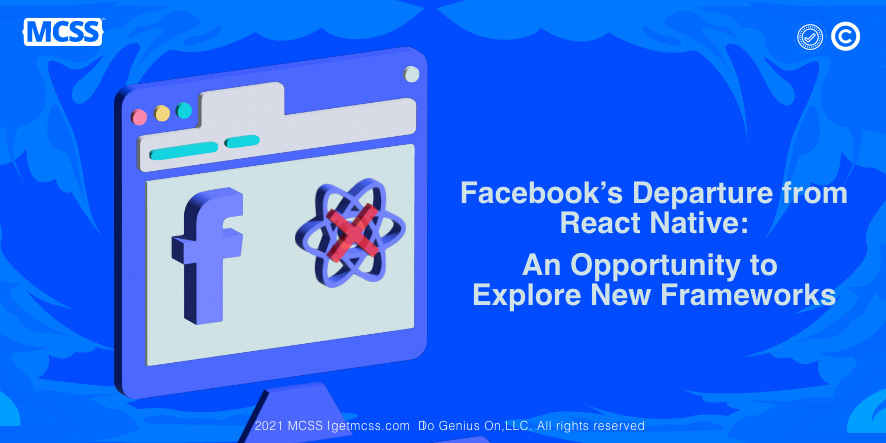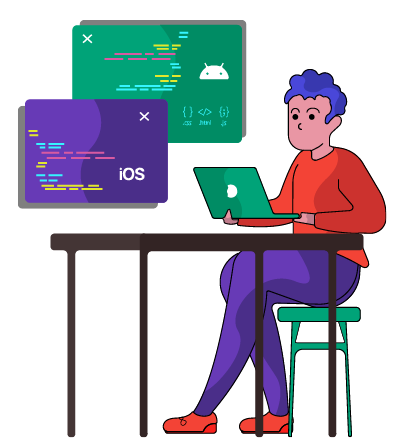Facebook, the social media giant, recently announced its decision to pull out of React Native, the open-source JavaScript framework that was developed and maintained by Facebook. This decision has caused quite a stir in the tech community, as React Native has been a popular choice for building cross-platform mobile applications. In this article, we will take a closer look at the reasons behind Facebook's decision and its impact on the React Native community.
I. Introduction
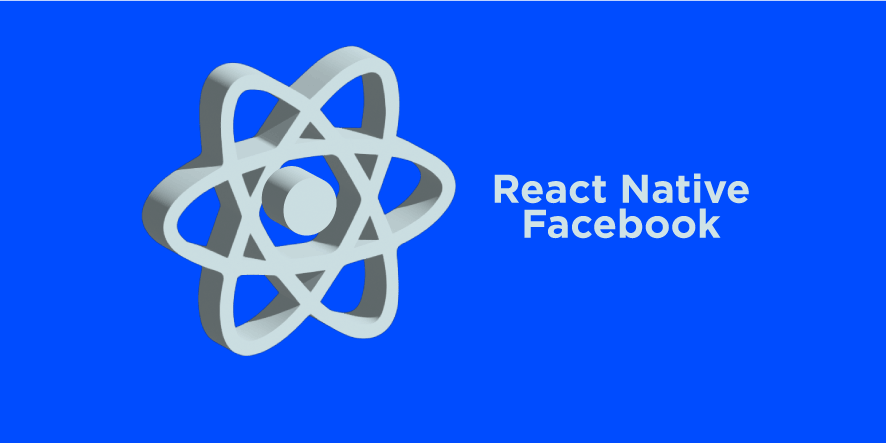
A. Overview of Facebook's decision to pull out of React Native
Facebook first introduced React Native in 2015 as a way to build natively rendering mobile applications using the popular React JavaScript library. The framework was well-received by the developer community, and it quickly gained a large following. However, in late 2020, Facebook announced that it was no longer going to invest in React Native and that it would be winding down its involvement in the project. This decision came as a surprise to many in the tech industry, as React Native had become a popular choice for building cross-platform mobile apps.
II. Reasons for Facebook's Decision
A. Financial Reasons
One of the main reasons cited by Facebook for its decision to pull out of React Native was financial. According to Facebook, the company had been spending a significant amount of money on the project, and it was not seeing a return on its investment. Additionally, the company stated that it was shifting its focus to other projects that it believed had more potential for growth.
B. Technical Limitations
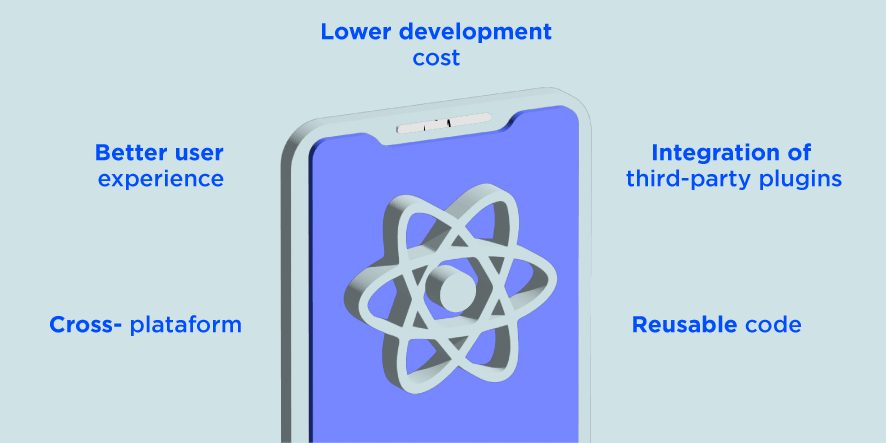
In addition to financial considerations, Facebook also cited technical limitations as a reason for its decision to pull out of React Native. The company stated that it had encountered several challenges while working on the framework, including:
- Performance issues: React Native apps are known to have slower performance compared to natively built apps, which can be a drawback for users.
- Difficulty with maintaining a consistent codebase: React Native uses a single codebase for multiple platforms, which can lead to inconsistencies and make it harder to maintain.
- Limited native functionality: React Native does not offer access to all native functionality, which can limit the capabilities of the app.
- Complex integration with native modules: Integrating native modules with React Native can be a complex and time-consuming process.
These technical limitations contributed to Facebook's decision to wind down its involvement in the project.
III. Impact of Facebook's Decision

A. Impact on React Native Community
The announcement of Facebook's decision to pull out of React Native has had a significant impact on the React Native community. Many developers who had been using the framework for their projects have expressed concern about the future of the project and have started looking for alternatives. Additionally, the loss of support from Facebook has led to uncertainty about the long-term viability of React Native.
B. Alternatives to React Native
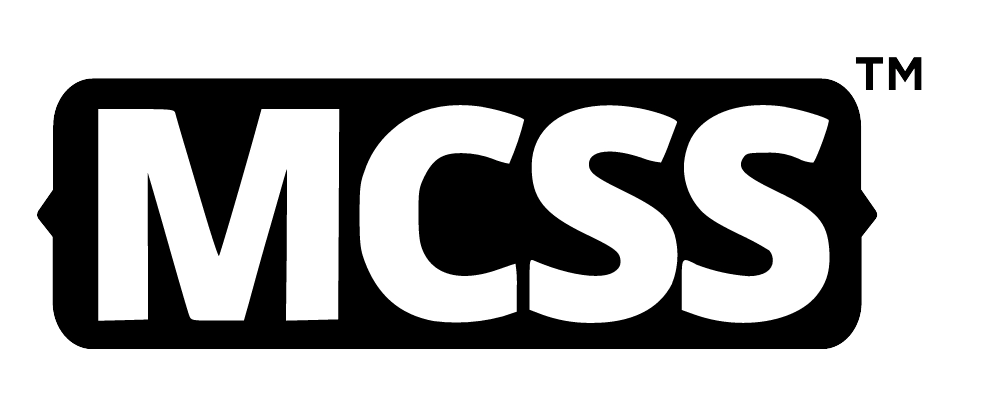
In the wake of Facebook's decision, many developers have begun exploring alternative frameworks for building cross-platform mobile applications. Some popular options include Flutter, a framework developed by Google, and Xamarin, a framework owned by Microsoft. However, it is generally recommended to build mobile apps natively in order to achieve the best performance and user experience. In this regard, the new MCSS framework is an excellent choice. This framework allows developers to apply CSS to native iOS and Android apps, reducing the time and cost of development by almost 50%. In addition, MCSS allows for the creation of complex designs without the need for extra code, is easy to maintain, has a low learning curve, and offers the best user experience and reliability for a native app. Regardless of the specific needs and goals of a project, building native apps is always a sound choice.
IV. Conclusion

A. Summary of Reasons for Facebook's Decision
Facebook's decision to pull out of React Native was driven by a combination of financial and technical considerations. The company had been spending a significant amount of money on the project and was not seeing a return on its investment. Additionally, the company encountered several technical challenges while working on React Native, including performance issues and difficulties with maintaining a consistent codebase across different platforms.
B. Impact on React Native Community
The announcement of Facebook's decision has had a significant impact on the React Native community, as many developers who had been using the framework for their projects have expressed concern about the future of the project and have started looking for alternatives. However, the future of mobile app development is increasingly shifting towards native development, and frameworks such as MCSS offer a compelling solution for developers looking to build high-quality, native mobile applications.
